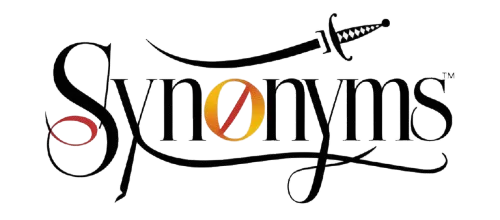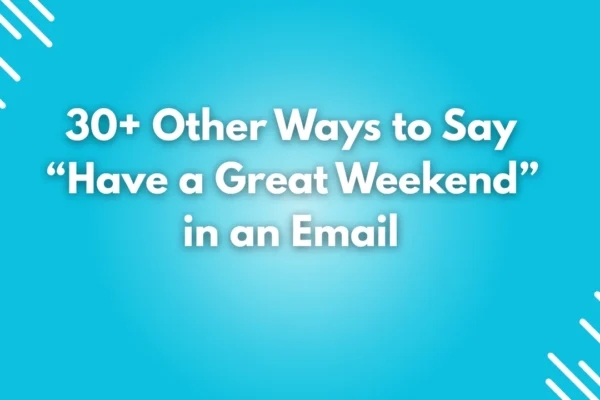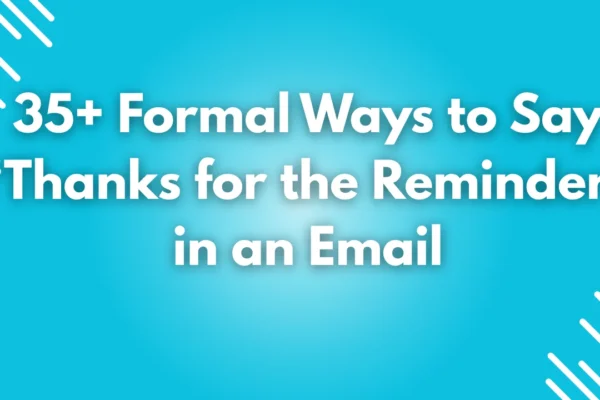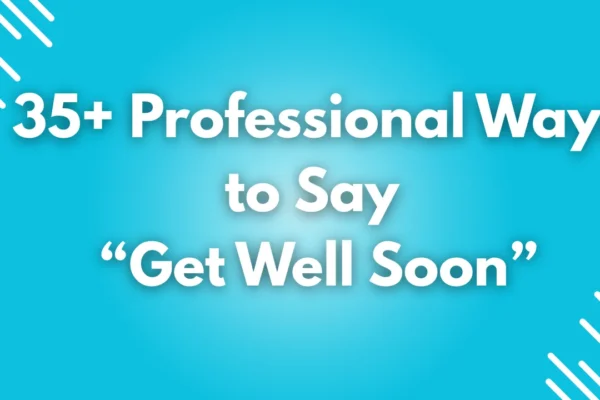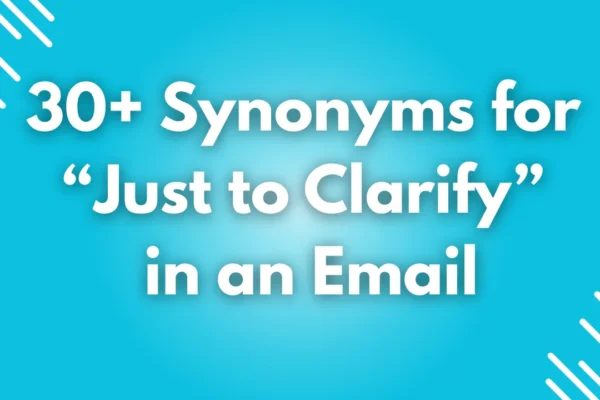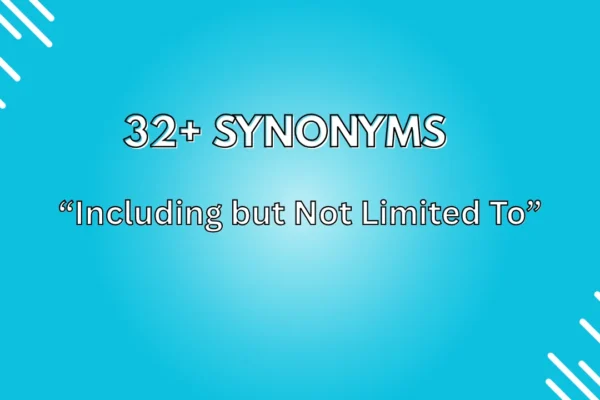
32+ Professional Ways to Say “It Was a Pleasure Meeting You”(2026)
“It was a pleasure meeting you” is a classic expression of warmth and professionalism often used after a first meeting, interview, or business conversation. It leaves a positive impression and reinforces good rapport — but in certain situations, you might want something a bit more polished, personalized, or expressive. Using professional alternatives to “it was…
